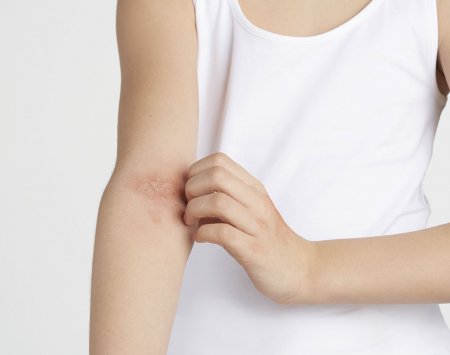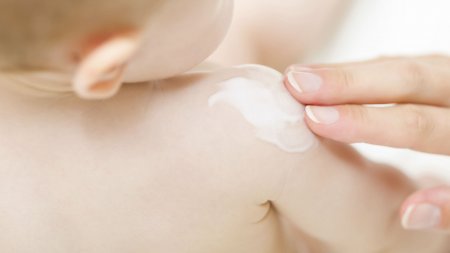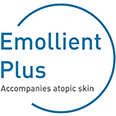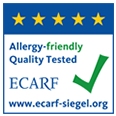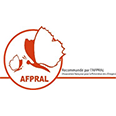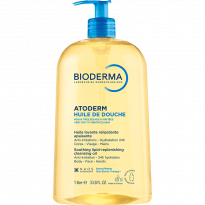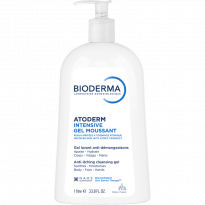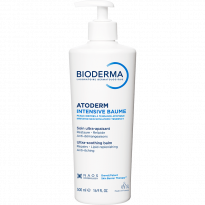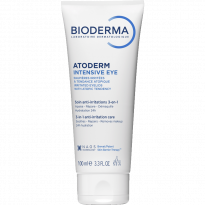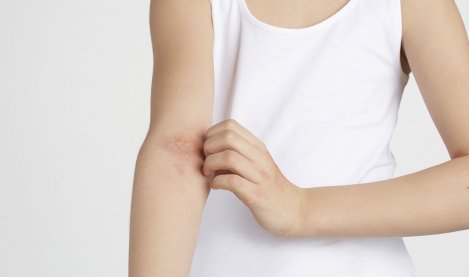Sophie Harris-Taylor is a 29-year-old British photographer who created a series of artistic photos called Epidermis, published on her Instagram account. Her idea is to magnify skin and its imperfections, showing women’s faces au naturel, without make-up or retouching: acne, psoriasis, vitiligo, hyperpigmentation, eczema… Sophie herself has suffered from severe acne and wanted to provide a different representation of our physical image, turned towards diversity and following in the flow of the body positive movement.
This is an approach committed to changing the accepted mindset and fighting against complexes, while still fighting and finding therapeutic solutions that help out… There is every reason to stay strong!

